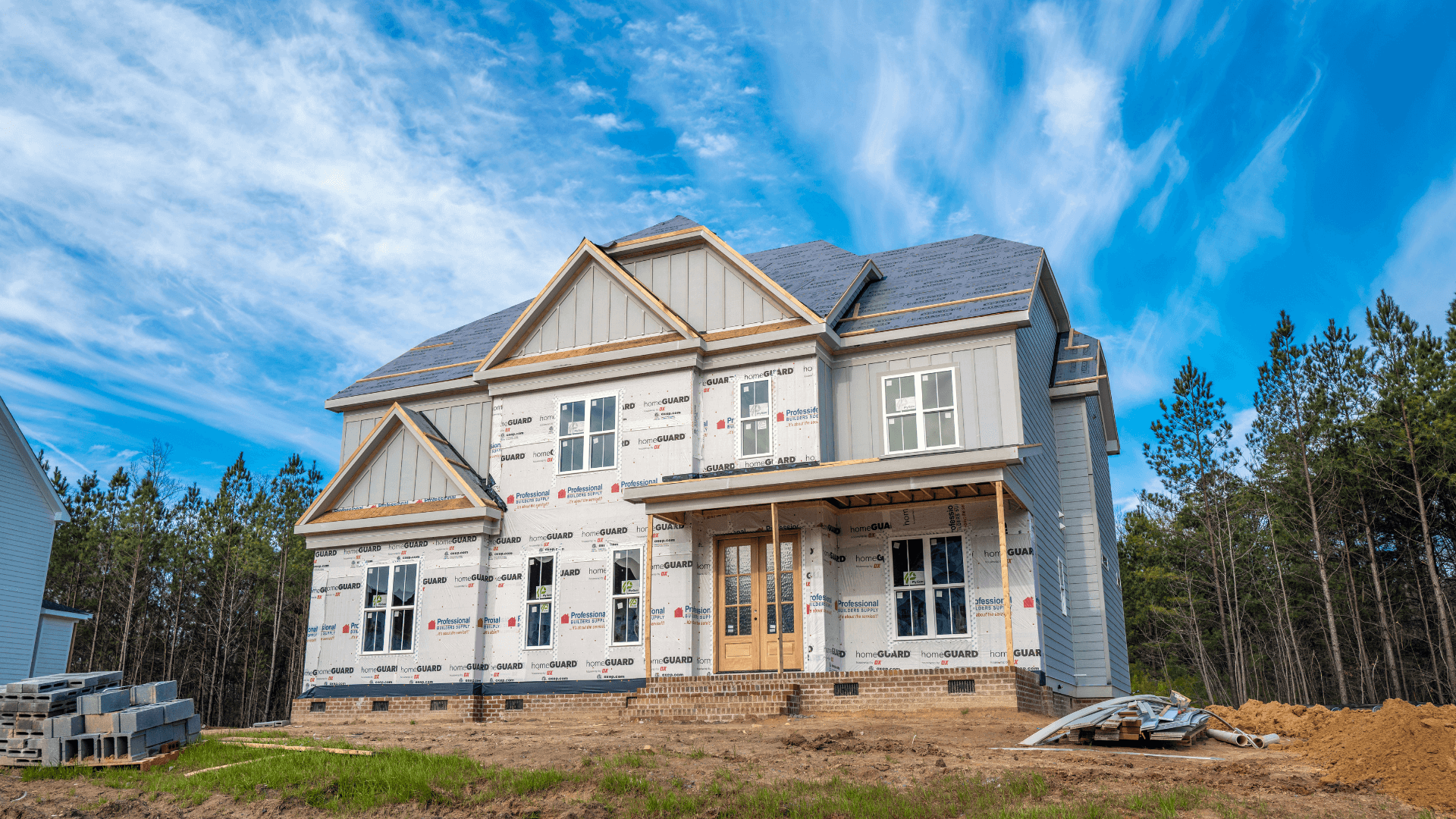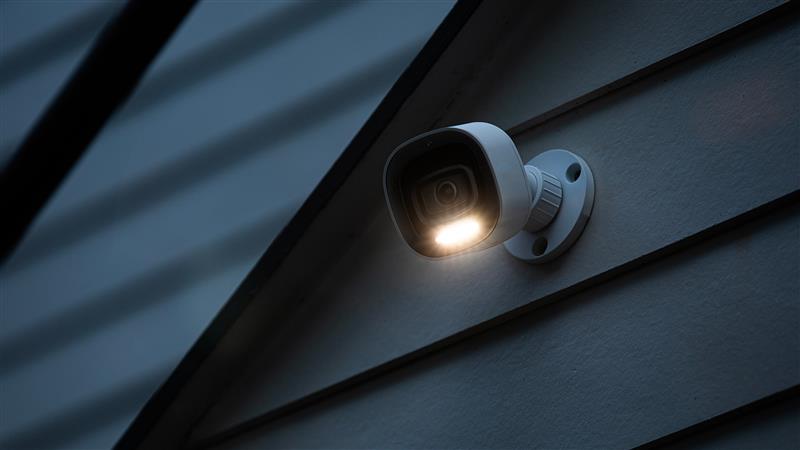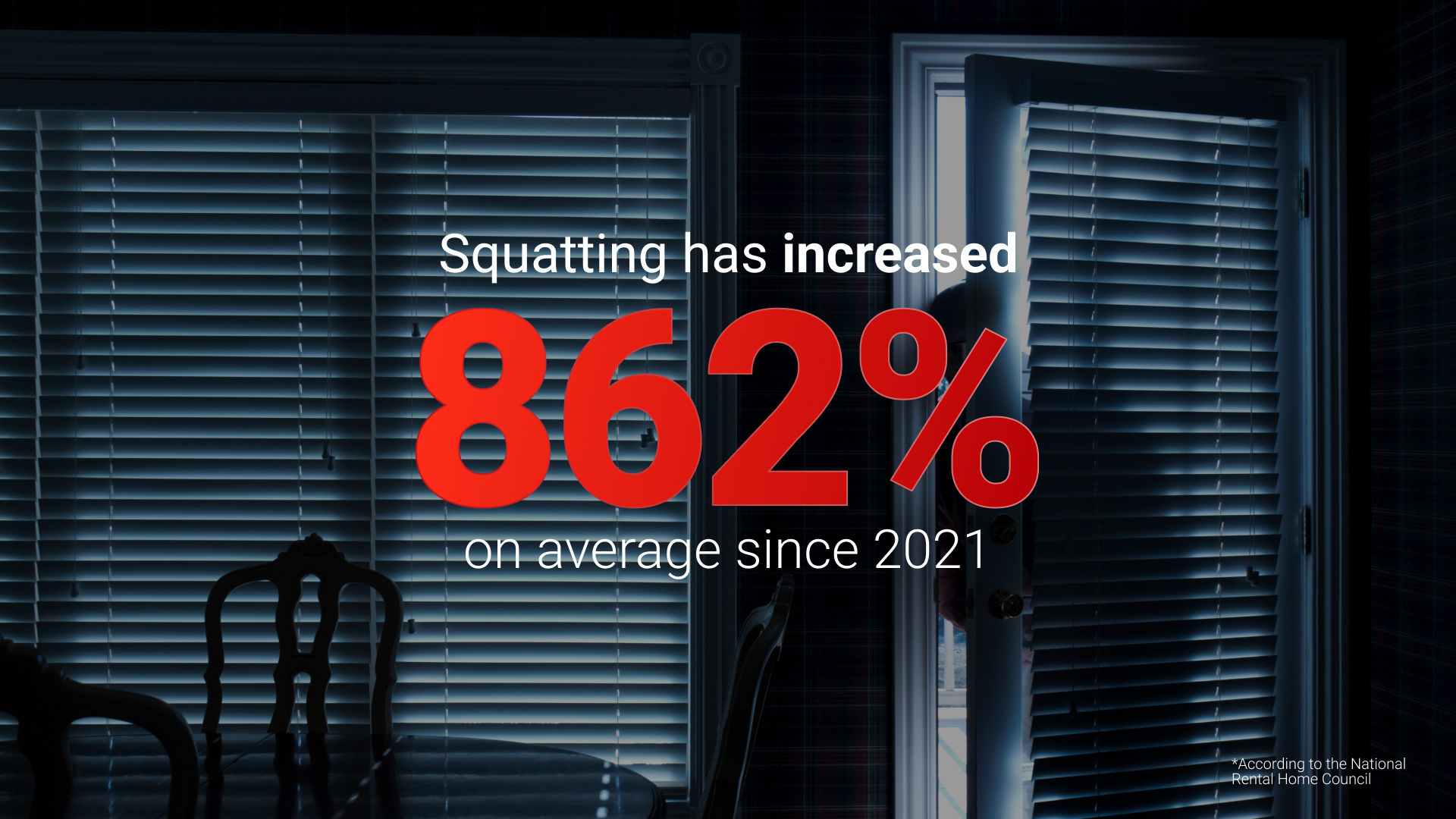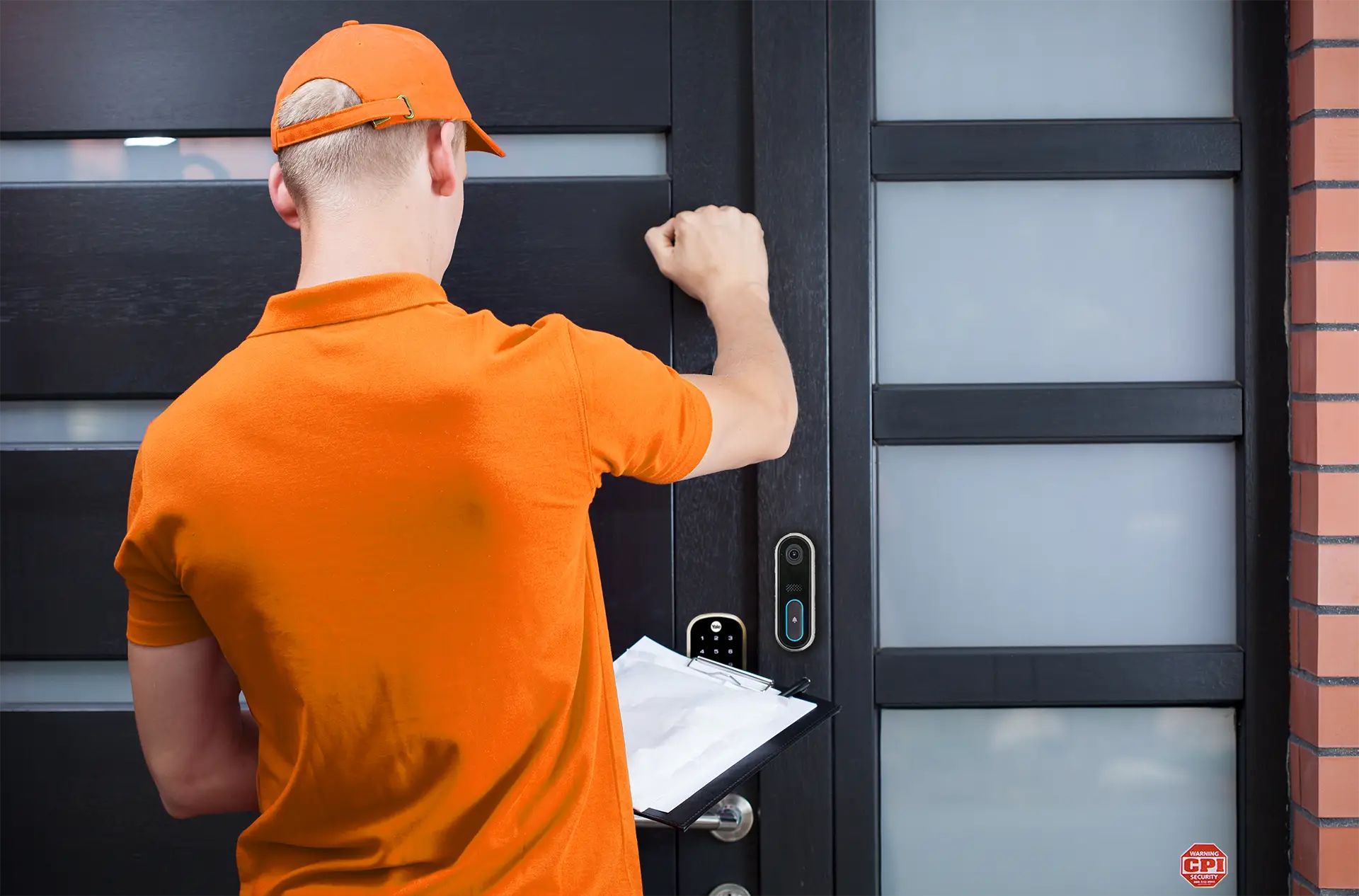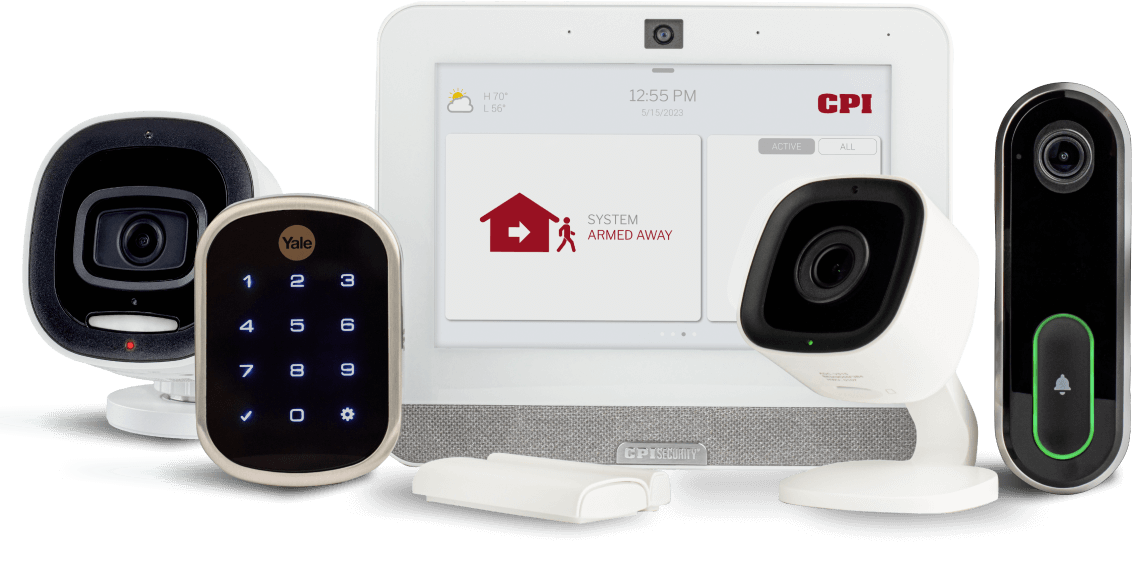Building a new home is an exciting adventure, especially in the Southeastern region. But as you lay the bricks and paint the walls, don’t forget one crucial aspect — new construction home security. With advancements in smart home technology, securing your new build has never been easier. This post will guide new construction builders through the process of choosing the right home security system tailored to Southeastern homes. From understanding unique regional challenges to exploring future trends, we’ve got you covered.
Understanding Home Security Needs in the Southeast
Unique Challenges in the Southeastern Region
The Southeast may be known for its charming landscapes and welcoming communities, but it also faces unique security challenges. The weather, ranging from hurricanes to humid conditions (especially during the summer), can impact the durability of security equipment. Additionally, certain areas and larger cities may have higher crime rates, making robust security solutions indispensable.
Importance of Tailored Security Solutions
Every new construction home has different security requirements based on its design, location, and the homeowner’s preferences. A cookie-cutter approach won’t cut it. Customized security solutions that consider local crime statistics and environmental factors are crucial. Whether it’s weather-resistant cameras or comprehensive alarm systems, your security setup should be as unique as the home you’re building.
Types of Home Security Systems
Traditional Alarm Systems
Traditional alarm systems have been the backbone of home security for years. These systems often include sensors on doors and windows, motion detectors, and a central control panel. They are reliable and straightforward, providing a basic level of security that alerts homeowners and authorities of any breaches.
Smart Home Security Systems
Smart home security systems take protection to the next level by integrating technology. These systems offer features like remote access, real-time alerts, and seamless integration with other smart devices in your home. Imagine controlling your locks, cameras, and alarms from your smartphone—smart home security makes this possible.
DIY vs. Professionally Monitored Systems
Choosing between DIY and professionally monitored systems depends on your needs and preferences. DIY systems are typically more affordable, but they require time and effort to install and maintain. There’s also the chance that it’s not set up effectively, which goes against the point of having a security system in the first place. Professionally monitored systems, on the other hand, provide 24/7 surveillance by security experts, ensuring immediate response to any incidents. They also are installed by experienced professionals who know how to get the most protection out of your system.
Key Features to Look for in Southeastern New Builds
Weather-Resistant Components
Given the Southeast’s weather conditions, you need to select weather-resistant components for your security system. Look for cameras and sensors that can withstand heavy rain, humidity, and extreme temperatures. This ensures that your security setup remains functional and reliable year-round.
Integration with Smart Home Devices
Modern homeowners expect their security systems to integrate seamlessly with other smart home devices. Whether it’s connecting to your smart thermostat, lights, or voice assistants like Alexa and Siri, these integrations offer convenience and enhanced security capabilities.
Surveillance Camera Options
Surveillance cameras are a critical component of any security system. Opt for high-definition cameras with night vision and wide-angle lenses to cover more ground. Additionally, consider cameras with artificial intelligence and real-time alerts to keep you informed of any suspicious activity around your property.
Remote Access and Monitoring Capabilities
Remote access and monitoring capabilities allow you to keep an eye on your home, no matter where you are. With a few taps on your smartphone, you can view live camera feeds, receive alerts, and even arm or disarm your system. This feature is particularly valuable for homeowners who travel frequently.
Choosing the Right System for Your Needs
Budget Considerations
When selecting a home security system, we can’t ignore that your budget will play a significant role. Determine what you can afford and compare various options within that range. Remember, investing in a quality system can save you money in the long run by preventing theft and damage.
Size and Layout of the Home
The size and layout of your new build will influence your security system choice. Larger homes may require more sensors and cameras, while smaller homes can get by with fewer devices. Consider your property’s unique features and ensure that every entry point is adequately covered.
Specific Security Concerns
Identify your specific security concerns—whether it’s burglary, fire, or environmental monitoring. Some systems offer specialized features, such as smoke and carbon monoxide detectors, to address these concerns. Tailoring your system to meet these needs ensures comprehensive protection.
Ensuring Compatibility with Construction Plans
A new home build comes with a slew of advantages for installing a new security system. Collaborate with your builder and security provider to integrate wiring and components seamlessly. This proactive approach during the construction process can prevent any disruption or costly modifications later.
Conclusion
Choosing the right home security system for your Southeastern new build is the first step in protecting your investment and ensuring the safety of your loved ones. By understanding the unique challenges of the region and selecting a system tailored to your needs, you can enjoy the peace of mind that comes with knowing your new home is secure.
Ready to take the next step? Evaluate your security needs and consider implementing a tailored solution that meets your requirements. For more information and expert advice, contact CPI Security for a consultation. Explore our range of security solutions designed to keep your new build safe and secure.
